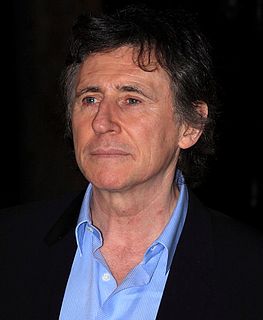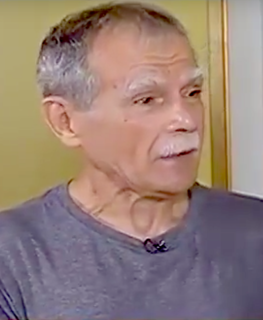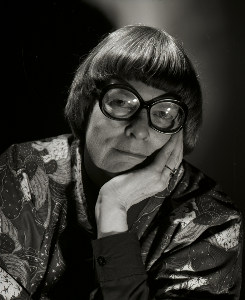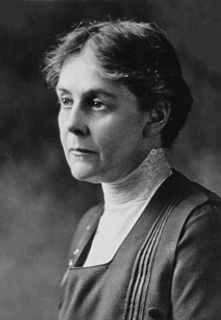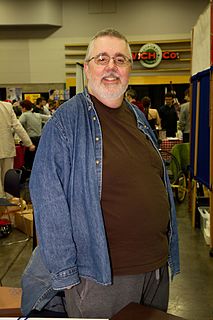A Quote by Gabriel Byrne
I'm a product of my Irish culture, and I could no more lose that than I could my sense of identity.
Related Quotes
I made a vow that I wouldn't be tempted by what could happen to me if I went to Europe. I thought, 'You could be absorbed in it - it's so seductive, you might lose your own search for identity.' Then, when I did finally go to Europe, I was able to resist it because I had established my own identity.
I believe, as a Puerto Rican, that the majority of Puerto Ricans want to be Puerto Ricans. Once we become annexed to the United States or by the United States, that we will lose our national identity. I can look at Hawaii as an example of people who lose, the Natives who lose their identity. I can look into the Native American reservations and see people who lose their national identity, their culture, their language, their land. And that's what's going to happen to Puerto Ricans here.
What has our culture lost in 1980 that the avant-garde had in 1890? Ebullience, idealism, confidence, the belief that there was plenty of territory to explore, and above all the sense that art, in the most disinterested and noble way, could find the necessary metaphors by which a radically changing culture could be explained to its inhabitants.
More than anything, the journal wanted. It wanted more than it could hold, more than words could describe, more than diagrams could illustrate. Longing burst from the pages, in every frantic line and every hectic sketch and every dark-printed definition. There was something pained and melancholy about it.
casino owners spoke more loudly than any of the other kings of industry to defend their contribution to society. They could speak more loudly because theirs was the purest activity of civilized man. They had transcended the need for a product. They could maintain and advance life with machines that made nothing but money.
I think that hip-hop should be spelled with a capital "H," and as one word. It's the name of the culture, and it's the name of the identity and consciousness. I think hip-hop is not a product, but a culture. I think rap is a product, but when hip-hop becomes a product, that's slavery, because you're talking about people's souls.
If a man has a sense of identity that does not depend on being shored up by someone else, it cannot be eroded by someone else. If a woman has a sense of identity that does not depend on finding that identity in someone else, she cannot lose her identity in someone else. And so we return to the central fact: it is necessary to be.
I think there are lots of opportunities to improve the product. When you read the press, people say, "Oh, the product needs improvement." I look at that and say, "Hey, that's an exciting thing to get behind!" Because they can improve that product. That leaves more upside from an innovation and revenue potential than you're gonna find in a lot of places. So you could say that's a downside, I see that as an opportunity.
I think that hip-hop should be spelled with a capital "H," and as one word. It's the name of our black people culture, and it's the name of our identity and consciousness. I think hip-hop is not a product, but a culture. I think rap is a product, but when hip-hop becomes a product, that's slavery, because you're talking about people's souls. To me, that's the biggest problem.
